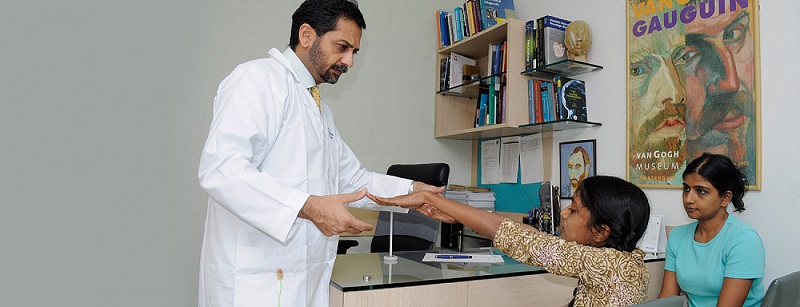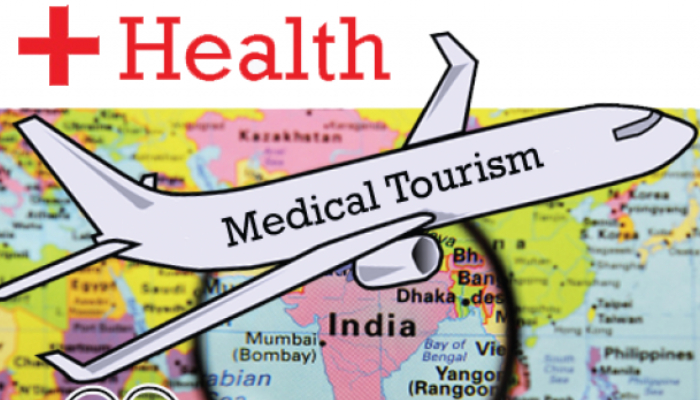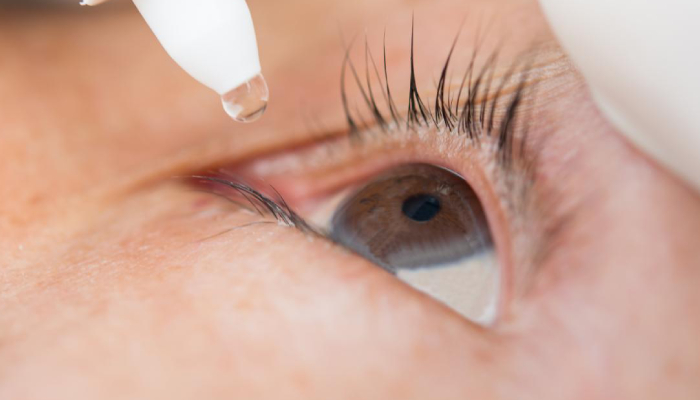Causes, Diagnosis And Medical Treatments For Autism

The Best Medical Treatments For Hair Loss
March 14, 2020
Diagnosis And Treatment For Brain Tumours
March 18, 2020Autism And Its Causes
Autism or autism spectrum disorder is a condition that complicates communication and behaviour. It is a disability that mostly affects the skills of the child and requires full time care at home or in a special facility. It can be a minor problem or at times disability that can affect the physical activities of the child. Autism is found in children below age three or at times from birth and mostly identified due to failure of the child to develop normal behaviour and activities during that stage. With advancement in diagnosis, more children are being identified with this disorder.
The cause for autism is still unknown and unclear as per medical science. The problem stems from the part of the brain that interprets and processes sensory input and languages. It can be genetic. If it runs in the family then the child is at risk of being autistic. It is more common in boys than in girls. It is also seen commonly in children who have older parents. Pregnancy and prenatal care also plays a major role in a child’s health. Pregnant women who are exposed to chemicals, drugs, anti seizure pills and alcohol are likely to have a child with autism. Women must take care to avoid diabetes and diarrhoea before getting pregnant. Research has proved that illnesses like rubella or phenylketonuria when left untreated causes autism in children.
Read More About : Understanding Medical Treatments For Hypertension
How To Understand The Symptoms For Autism?
A child with autism will have difficulty in communication. They will have trouble thinking and feel and might not understand what people say, feel and think. They cannot express themselves through gestures, facial expressions, words or by touch. Their skills develop slowly and hence they will have trouble learning. The kids will show several signs that can tell you if the child has autism or not. They will have a tough time maintaining eye contact. The child will lack interest in most of the activities but will show huge interest in very few topics. Like, they will keep repeating it over and over, even if it is a word or phrase, rock back and forth or keep flipping a lever.
The child will be highly sensitive to light, sound, smell, touch and sights. They will have trouble adapting to different routines. The kid will not listen or look at other people and they hate being cuddled or held. The child will have trouble understanding or using tone of voice. They may not speak up or use gestures and facial expressions. The child might talk in a robotic or flat voice in a sing-song manner. Most of the time people feel all this is ordinary but a lot of these signs need to be given serious thought. A child diagnosed with autism may have other abilities, like, they will be really good at math, art, music, or memory. They will do exceptionally well in analytical and problem solving. Some autistic children will have seizures when they reach adolescence.

Diagnosis And Treatment
Medical treatment for autism depends on the type of disorder and symptoms. There are various conditions that fall under the autism spectrum disorder. This includes Asperger’s syndrome, autistic disorder, childhood disintegrative disorder and pervasive development disorder. Children with Asperger’s syndrome do not have issues with handling language but they have trouble socializing and lack interest in many things normal of their age. But, they do score above average in intelligence tests. Autistic disorder refers to issues with social interaction and communication in children younger than 3 years. A child with CDD or child disintegrative disorder will show no signs until age 2 after which they lose most of the social skills and communication ability.
If the child delays in social skills and communication it is atypical autism or PDD or pervasive development disorder. The doctor mostly focuses on the development and behaviour of the child. Diagnosis is a two step process. Initially a development screening is done. This will help understand the child’s basic skills like moving, behaviour, speaking and learning. Experts suggest that such screening be conducted during regular check up during the age of 9, 18, 24 and 30 months. The child will require a complete evaluation if they show signs of autism in the initial screening. The child will have to undergo vision and other genetic tests or at times autism diagnostic observation schedule.
Autism does not have a definitive treatment plan or cure. The earlier you detect this in a child the better. Based on symptoms, the treatment is tailored to meet the requirement. There are two kinds of treatment for autism, it’s either therapy or medication. Medication helps people with anxiety, hyperactivity or attention deficit. Behavioural or communication therapy help to structure and organize where positive behaviour is promoted and negative behaviour is discouraged. Occupational therapy can help children develop life skills. Sensory integration and speech therapies are other forms of treatment.




